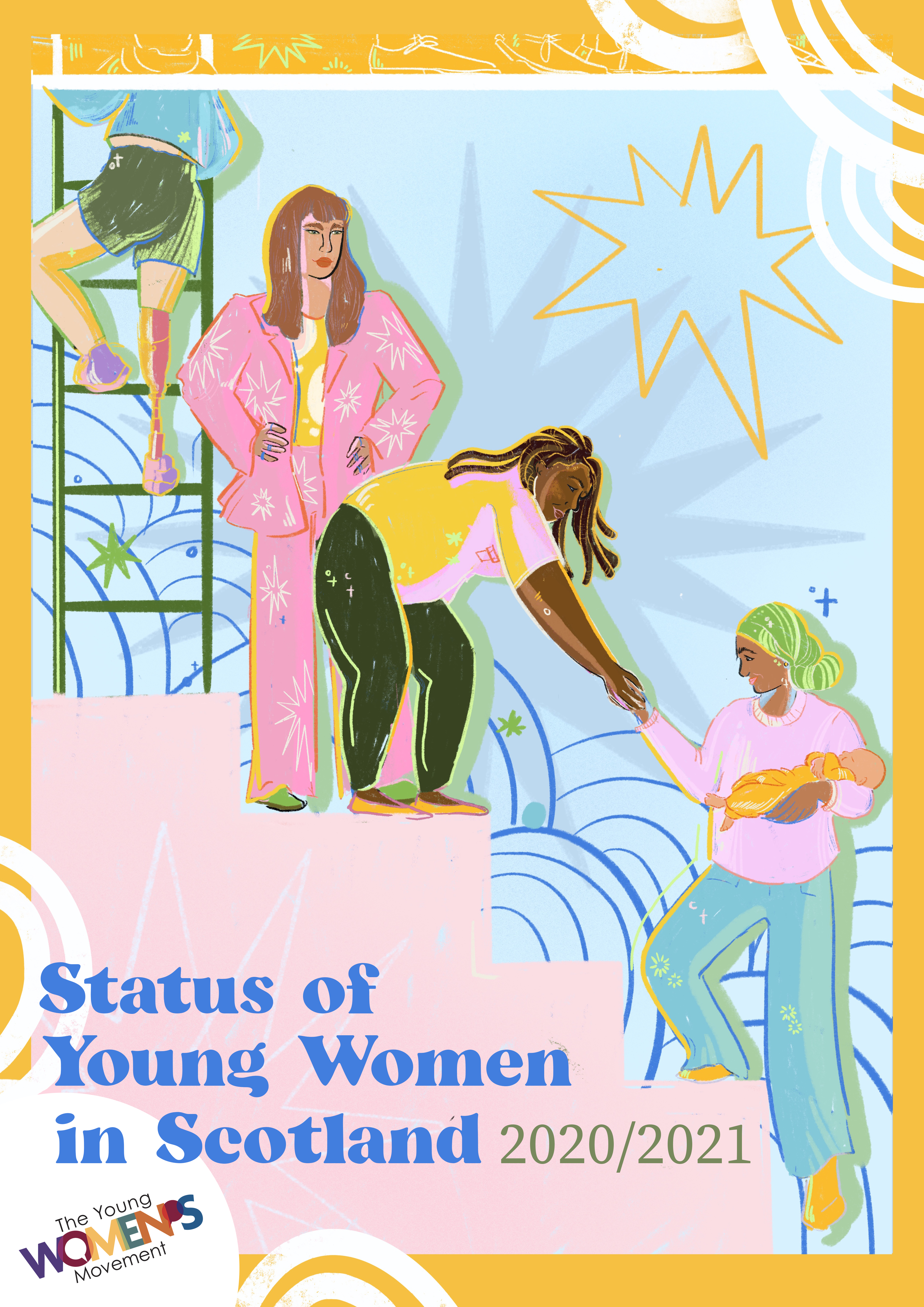Social research is an inaccessible career option for many young people
Diversity and inclusion in social research needs work. The Social Research Association’s recent report describes the desire from the sector for more inclusive practice. The SRA’s research demonstrates that inclusive practice is not prioritised because not enough perspectives have been involved in the design of the brief and then the design of the research.
Supporting young people from groups marginalised by society to participate in research design or support projects as peer researchers is key to diversifying our sector and producing intersectional research.
My journey into social research began as a volunteer research assistant for a third sector organisation. Coming from a working-class background and with no connections in the sector and no postgraduate study, social research was not a career option I considered until I happened upon this opportunity.
Research designed by young people for young people

My role as Research and Impact Manager at YWCA Scotland was established in 2021. YWCA Scotland are the national organisation for feminist leadership and community building; creating spaces for people and communities to come together and feel empowered to lead social change. Through our programmes, research and campaigns we platform underrepresented voices, supporting people to address inequalities across society. We create opportunities to build the confidence, skills and wellbeing necessary for navigating our unequal society and support networks to mobilise collective action.
We are building our research strategy and approaches, drawing on learning from practitioners in academia and the third sector, but more importantly, on the perspectives and experiences of the women who take part in our programmes and research projects.
Our research projects have been co-designed with young women; they gain skills and experience in designing and carrying out research and offer essential contributions to the research. We want young women to influence change.

Our annual research project, the
Status of Young Women in Scotland, explores an issue that affects young women through a national survey and group discussions. The
most recent report tells the story of how the pandemic has affected young women in the workplace and their career aspirations for the future, and it shines a light on the unequal impact that COVID19 has had on young women’s labour market experience.
The report then uses the evidence generated to influence decision makers and create programmes to address the gaps in support highlighted. First Minister Nicola Sturgeon wrote the foreword for this report and stated;
“We know that labour market inequality existed before the pandemic but research such as this report highlights how women’s work has been further and disproportionately impacted by COVID-19 and this will be important for us to recognise and address going forward as we build a nation which has fair work and wellbeing at its core.” First Minister Nicola Sturgeon
After the launch of the report, we designed the
ScotWomenSkills programme to support self-identifying young women under 30 in Scotland in gaining confidence, identifying transferable skills, and building resilience as we face economic uncertainty across sectors. ScotWomenSkills is a free 6-week online programme designed to equip people with confidence, skills and a network of other young women across the country as they enter, or re-enter the job market; it’s running from 9th June – 14th July and is open for
applications now.
Peer research empowers participants
Young Women Rise are a research and digital campaign group led by 10 young women from across Scotland. We support this project alongside Scottish Women’s Aid, who aim to use the findings of the research to better understand young women’s needs and perspectives on unhealthy relationships, domestic abuse and access to support.
The group, some of whom have lived experience of unhealthy relationships, have designed a national research project around these issues, the results of which will be published mid 2022. The group have formed relationships and channelled their experiences and passion for ending violence against women into this important research and campaign. A participant described their experiences of being part of the project;
“This campaign means everything to me. My experience shaped me to be who I am, and I’m now determined to embody power in everything I do. I can only hope that it shows other women that they have the strength within to give themselves the same love and permission to be true to who they are, plus it really helps me not fall back into a dark place!”
Leanne, Young Women Rise participant
Young women involved in our research and campaigns join other programmes, and use their experiences to support their career development. We are often cited as references on job and further education applications.
Peer research can improve data quality
A new
report released by The Young Women’s Trust highlights why. Peer research is not only beneficial to those conducting it, but also a powerful tool for understanding the lives of young women beyond the limitations of traditional research.
Having young women carry out research creates a safer and more supportive space to gather rich, authentic, nuanced data about their lives that goes beyond what would typically be shared in a traditional research interview. The trust calls for research practitioners to draw on the expertise of organisations to understand how peer research can result in better quality data, as well as having significant benefits for peer researchers and research participants.
Whilst participatory approaches and peer research are becoming more widespread, particularly in the third sector, more acceptance of these methods are needed, so peer and participatory research approach is valued at policy level, within academia and by funders.
Connecting with the third sector
I would encourage research practitioners to draw on research carried out in the third sector, such as the Status of Young Women in Scotland, and the Young Women’s Trust peer research report, to better understand how participatory approaches and peer research can result in benefits for participants, better quality data, and more impactful research findings.
Contact Rhianna at
[email protected] for more information.
Author Bios:
Rhianna is a passionate, curious, empathetic and fiercely feminist individual and throughout her life has sought out ways to contribute to progressive social change. She is the Research and Impact Manager at YWCA Scotland – The Young Women’s Movement, and has previously worked as a researcher with other voluntary organisations and within the private sector.